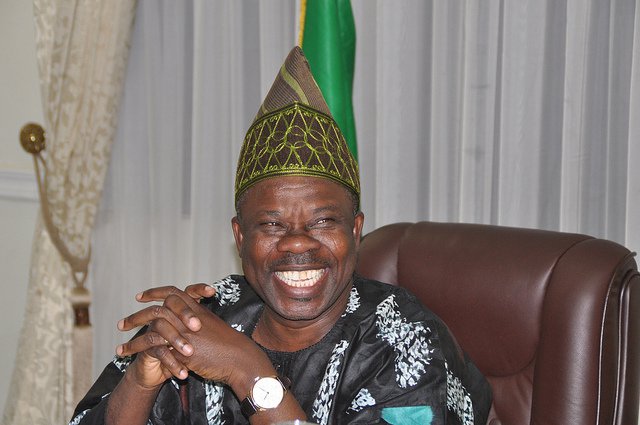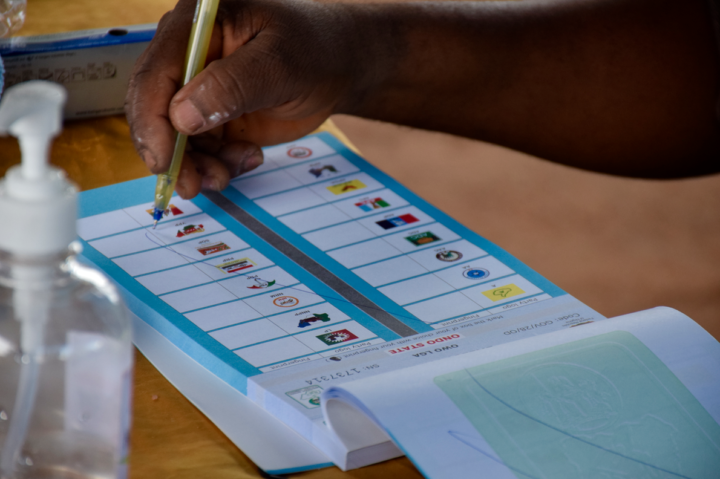BY STANLEY ALIEKE
“I will use the police to deal with you, I will lock you up in the police cell, I will make sure that you are detained for a lengthy time in the police custody until you pay me my money, blah blah blah…” and so many other threats in the name of the Nigerian police force. That was the voice of a man whom I overhead threatening another man who he said was owing him some money. He is threatening to rain down on him all manners of evil with the powers of the police.
SHOCKER: Police have no power in civil matters or cases that are of civil nature, therefore no police officer or officers should ever get involved in any matter that is civil in nature.
It is an abysmal situation that Nigeria is a country where money can buy you anything, including loyalty from the police which is a law enforcement agency instituted by the constitution of the Federal Republic of Nigeria and embellished by the Nigerian Police Act for matters relating to crimes and of criminal nature only. It has been the case where the police officers are used by a person to harass and intimidate another person which he has a face-off with. It is also no longer news that landlords employ police officers to harass, intimidate and send packing their tenants whenever they please, people in business also use the police officers to collect their debts from their business partners, influential men of the society and the ones who can afford the services of the police use the police officers to enforce their failed or about to fail contracts. The men of the police agency are also always eager to jump into civil cases just for pay.
Advertisement
The constitution of the Federal Republic of Nigeria 1999 (amended) created the police force in s.214 (1) and it says: “There shall be a police force for Nigeria, which shall be known as the Nigeria Police Force, and subject to the provisions of this section no other police force shall be established for the Federation or any part thereof.”
The constitution went further to state in s.214 (2) (b) that the police agency and its officers shall have such powers and duties and functions as may be conferred to them by laws (paraphrased). The Nigerian Police Act of 2020 (as amended) specifically in s.4 highlighted the general duties and functions of the police as conferred to them by law and it says: “The police shall be employed for the prevention and detection of crime.” (paraphrased).
No law in Nigeria, absolutely no law, gives the police power to get involved in civil matters and the court has constantly frowned at the act of the police getting involved in a matter which is not of criminal nature. The court of appeal even recently cautioned the police agency and its officers where the police delved into a civil matter and acted as debt collector which is clearly not one of their functions as provided by law.
Advertisement
The court succinctly stated in the case of NWADIUGWU v. IGP & ORS (2015) LPELR-26027(CA) that the police are neither debt collectors nor arbitrators and should be careful of delving into civil disputes as they don’t come into the purview of their functions, duties and clearly above their powers.
It could be said that the constant act of the police officers getting involved in civil cases is out of sheer ignorance of the members of the police agency or could it be that the police agents just have a knack for flouting orders, disobedience of the rules of law and utmost disregard to the laws of the land. Whichever it is, the police agency must be reoriented and the fact that they should not get involved in civil disputes painted in their spirit, soul and body — and written in their hearts and minds.
Let it be clear that when a police officer engages in a civil matter, he can be sued; likely to be sued for breach of fundamental human rights and cautioned by the court and sanctioned to pay damages for acting far above his functions as provided by the police act and the constitution of the Federal Republic of Nigeria.
Stanley Alieke, esquire, can be reached via [email protected]
Advertisement
Views expressed by contributors are strictly personal and not of TheCable.
Add a comment






